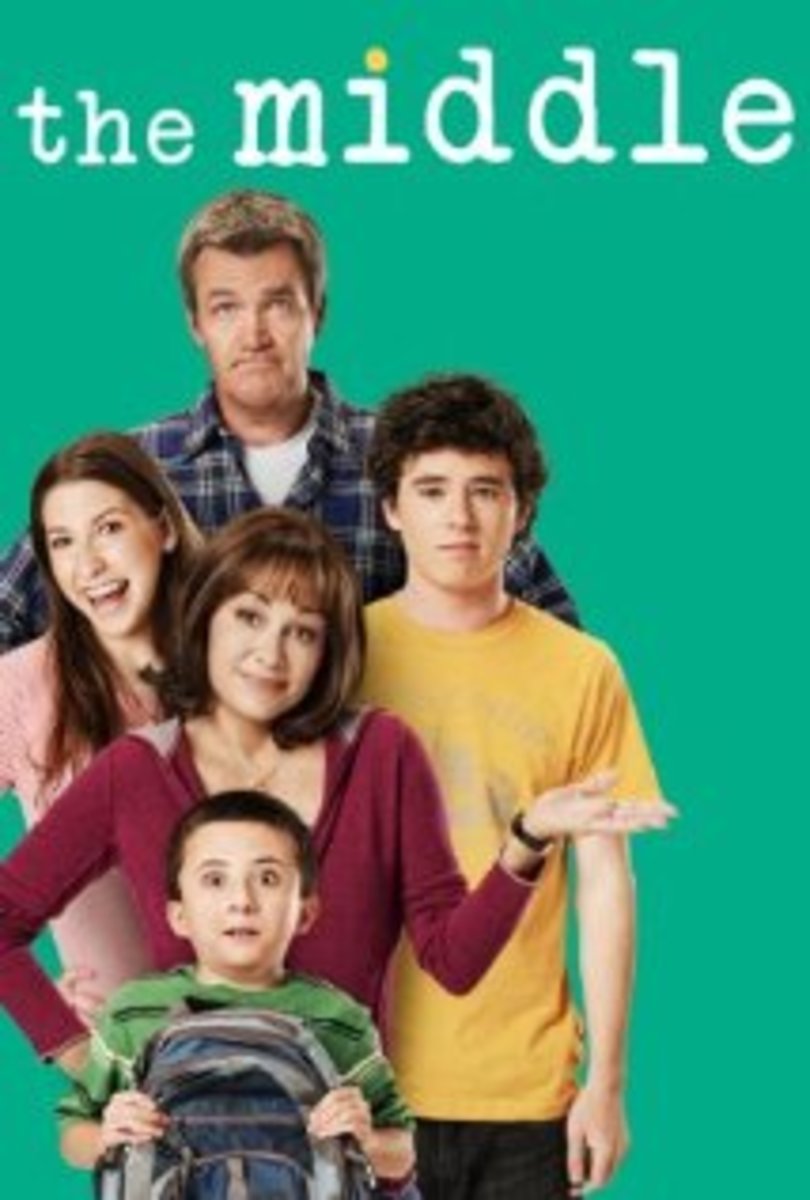A Defense of Sitcoms
Sitcoms have gotten a bad reputation over the years. They’re considered outdated, low-brow humor, and generally unfit for consumption. That may be true with some cases, but the standards by which they’re judged seems to be a little unfair. Here are some common complaints and responses to those who sniff haughtily at the idea of watching them.
Complaint: The characters never change
This is the one I hear most often, and it’s easy to see why. We expect growth in characters. We want to see them develop and learn from the obstacles they face, otherwise what’s the point? In books, movies, and most regular comedy shows, there’s an attempt to show real development. Oh, look, he’s learned from this experience! He’s matured!

Good sitcoms can often show this in more than a wackadoodle hijinks plot. In WKRP in Cincinnati, for instance, there’s a definite growth in Bailey Quarters’ character, who originally starts out as a shy, intelligent woman who rarely speaks her mind or stands up to the more boorish characters. By the end of the first season, thanks in part to Andy’s encouragement, she stands up for herself, even though it’s clearly difficult for her to do so. By the fourth season, she shoots back one-liners at Herb and Les with ease, even stands up to Andy occasionally, and is a competent, confident professional.
But that’s just the good ones. What about the bad ones?
There’s a certain expectation for growth, yes, but there’s also an element of escapism in television. Things in real life are constantly shifting and changing, but sitcoms remain the same. There’s a comfort in knowing that the same character you watch every week is going to be the same the next week, and the week after, and the next. Even when the situations become improbable and we’re certain that the plot wants us to believe that Character X is going to lose his job, we can still laugh at the jokes, secure in the knowledge that it will all work out by the end of the episode.
And while we’re talking about laughter…
Complaint: The laugh track
Again, this is mostly evident in older shows, but I’ve met some people who find the laugh track as grating as nails against a chalkboard. It somehow offends their sensibilities in a deeply moving way that I can’t claim to understand. Most of these complaints revolve around the idea that the show is insulting the intelligence of its viewers, like they can’t figure out that, “This is a joke!”, or that the jokes aren’t funny but the show wants you to think they are—both of which I think miss the point.
The laugh track is not there to point out a joke or even pretend a joke is funny when it’s not. It’s there to encourage laughter in the audience at home. When you watch something alone, it may coax a chuckle out of you, but when you’re with a group, the smallest of things can turn into a full-blown belly laugh. It’s there to encourage that sense of community, when we feel like we’re sharing with other people in the humor. When you hear a joke, your first reaction is to find someone and tell them, because we want to share that good mood. Humans bond through humor. You may break the ice with charm, but laughter builds community.

It also substantially helps with the flow of the episode, particularly during transitions. Every comedian can tell you the hardest thing is to get the ball rolling. Once you get one laugh, it’s easier to get the second, then the third, and so on. If every comedian stopped between each joke, they have to rebuild that momentum every single time. Laugh tracks can keep the audience in that jovial sense of mind while the script builds up to the next joke.
If you don’t believe me, check out this video which has a “sweetened” (i.e., laughs added) vs. “unsweetened” scenes from WKRP:
Me? I kind of miss the laugh track.
Complaint: There’s no substance
This is another big one. If sitcoms do tackle issues, critics complain, it becomes a “Very Special Episode”. I’m not denying this entirely: most shows did one or two of these that are almost universally bad (though sometimes in unintentionally hilarious ways).
But the idea that there’s none to be found outside of these is misleading at best. For one thing, there are some episodes that dealt with current events that never crossed the line into completely clichéd territory. M*A*S*H is a prime example, balancing humor with real philosophical quandaries, religious ideals, and thought-provoking questions. WKRP had a fascinating character study dealing around a personality based on Jerry Falwell and the Moral Majority (“Clean Up Radio”) which rarely dipped into heavy-handedness.
Older shows are especially fun to watch for these, because you can see the issues which were important then—layoffs, gay rights, and even Supreme Court decisions made during the time regularly showed up in Barney Miller, without ever becoming a tired moral message.
Comedies, particularly sitcoms, are usually about the common man, which is why we can identify more readily with them. We may enjoy seeing John McClane crawl through air ducts or Batman fight villains in Gotham, but we can’t empathize as readily with them as we can with the struggling family trying to make ends meet, or the Cosby family balancing their kids and work. Because of this, writers for sitcoms tend to be more in tune with current events, the things that were affecting people as they wrote them. For one thing, comedy is much more difficult to write than drama. While it’s easy to throw in a long-lost sister into a soap opera, sitcoms have to use relevant jokes. Wait too long, and they’re dated, or what seemed funny two weeks ago isn’t as funny now. Look how fast a meme comes and goes on the Internet.

Watch a few episodes of an older show and you’ll see what I
mean. Watching some of these shows from the 70’s and 80’s is like digging up a
time capsule, and I don’t just mean the clothes.
There’s episodes where a character casually mentions the first Gay Pride or another has to ask what this "sexual harassment" is.
Dramas are timeless, because certain things are always going
to be relevant: human relationships, internal struggles, etc. But comedy can be
just as fascinating precisely because it isn’t timeless.
Not all sitcoms are created equal and, compared to other shows, they do suffer from more bad writing and bad episodes than the more popular dramas and police procedurals--but when they're good?
They’re the best.






